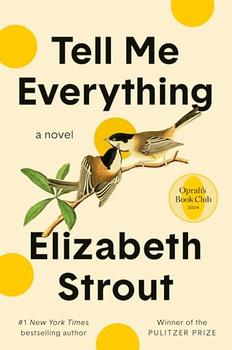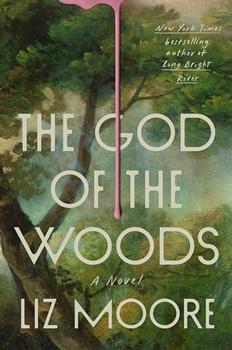Summary | Excerpt | Reading Guide | Reviews | Readalikes | Genres & Themes | Author Bio

'Where are you, Michele?'
I went away, but first I turned round a couple of times to check that everything was in place.
I was pedalling along on the Crock.
The sun behind me was a huge red ball, and when it finally sank into the wheat it disappeared, leaving behind it something orange and purple.
They had asked me how I had got on in the house, if it had been dangerous, if I had fallen down, if there were any strange things in there, if jumping onto the tree had been difficult. I had answered in monosyllables.
Finally, bored, we had started back. A path led out of the valley, crossed the ochre fields and reached the road. We had collected our bikes and were pedalling along in silence. Swarms of midges hummed around us.
I looked at Maria, who was following me on her Graziella with its tyres worn by the stones, Skull, out in front, with his squire Remo beside him, Salvatore zigzagging along, Barbara on her oversize Bianchi, and I thought about the boy in the hole.
I wasn't going to say anything to anyone.
'Finders keepers,' Skull had decided.
If that was so, the boy at the bottom of the hole was mine.
If I told them, Skull, as always, would take all the credit for the discovery. He would tell everyone he had found him because it had been his decision to climb the hill.
Not this time. I had done the forfeit, I had fallen out of the tree and I had found him.
He wasn't Skull's. He wasn't Barbara's either. He wasn't Salvatore's. He was mine. He was my secret discovery.
I didn't know if I had discovered a dead person or a living one. Maybe the arm hadn't moved. I had imagined it. Or maybe they were the contractions of a corpse. Like those of wasps, which keep on walking even if you cut them in two with scissors, or like chickens, which flap their wings even when they've lost their heads. But what was he doing in there?
'What are we going to tell mama?'
I hadn't noticed my sister was riding beside me. 'What?'
'What are we going to tell mama?'
'I don't know.'
'Will you tell her about the glasses?'
'Okay, but you mustn't tell her anything about where we went. If she finds out she'll say you broke them because we went up there.'
'All right.'
'Swear.'
'I swear.' She kissed her forefingers.
Nowadays Acqua Traverse is a district of Lucignano. In the mid-Eighties a local building surveyor put up two long rows of houses made of reinforced concrete. Cubes with round windows, light blue railings and iron rods sticking out of the roofs. Then a Co-op arrived and a bar-cum-tobacconist's. And an asphalted two-way road that runs straight as an airport runway to Lucignano.
In 1978 Acqua Traverse was so small it was practically non-existent. A country hamlet, they would call it nowadays in a travel magazine.
No one knew why it was called Acqua Traverse, not even old Tronca. There certainly wasn't any water there, except what they brought in a tanker once a fortnight.
There was Salvatore's villa, which we called the Palazzo. A big house built in the nineteenth century, long and grey with a big stone porch and an inner courtyard with a palm tree. And there were four other houses. Just four. Four drab little houses made of stone and mortar with tiled roofs and small windows. Ours. The one belonging to Skull's family. The one belonging to Remo's family, who shared it with old Tronca. Tronca was deaf and his wife had died, and he lived in two rooms overlooking the vegetable garden. And then there was the house of Pietro Mura, Barbara's father. Angela, his wife, had a shop on the ground floor where you could buy bread, pasta and soap. And you could make phone calls.
Excerpted from I'm Not Scared by Niccolò Ammaniti. Copyright Niccolò Ammaniti 2002 all rights reserved. Reproduced by permission of the publisher, Canongate Publishing. No part of this book may be reproduced in any form without written permission from the publisher.
Translated from the Italian by Jonathan Hunt.




Your guide toexceptional books
BookBrowse seeks out and recommends the best in contemporary fiction and nonfiction—books that not only engage and entertain but also deepen our understanding of ourselves and the world around us.